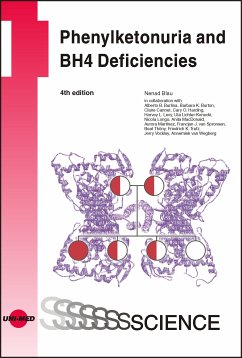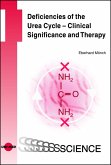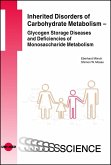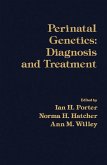In patients with phenylketonuria (PKU), blood phenylalanine concentration during childhood is the major determinant of cognitive outcome. Thanks to newborn screening and early dietary therapy, individuals with PKU no longer experience intellectual disability. Nevertheless, some do not achieve their full potential. The establishment of uniform guidelines and improved management for PKU can lead to optimal outcomes in this metabolic disorder. Since in 1999 it has been shown that some patients with PKU respond to the administration of tetrahydrobiopterin (BH4; sapropterin dihydrochloride) by lowering blood phenylalanine concentrations, that these patients can be treated with sapropterin dihydrochloride. Enzyme substitution therapy with phenylalanine ammonia lyase (PAL) is a promising new option, along with diet and sapropterin, to reduce Phe levels and improve the clinical outcome of subjects with PKU. Gene therapy is another new approach which remains to be evaluated in upcoming studies. It has been also shown that patient's genotype determines the phenotype and helps in predicting BH4 responsiveness. In the 4th edition of this textbook past, present, and future efforts related to PKU and BH4 deficiencies are discussed. The reviews and scientific contributions in this book provide professionals, the patients, and their families to understand PKU within a biochemical, neurological and psychological context.
Dieser Download kann aus rechtlichen Gründen nur mit Rechnungsadresse in A, B, BG, CY, CZ, D, DK, EW, E, FIN, F, GR, HR, H, IRL, I, LT, L, LR, M, NL, PL, P, R, S, SLO, SK ausgeliefert werden.









